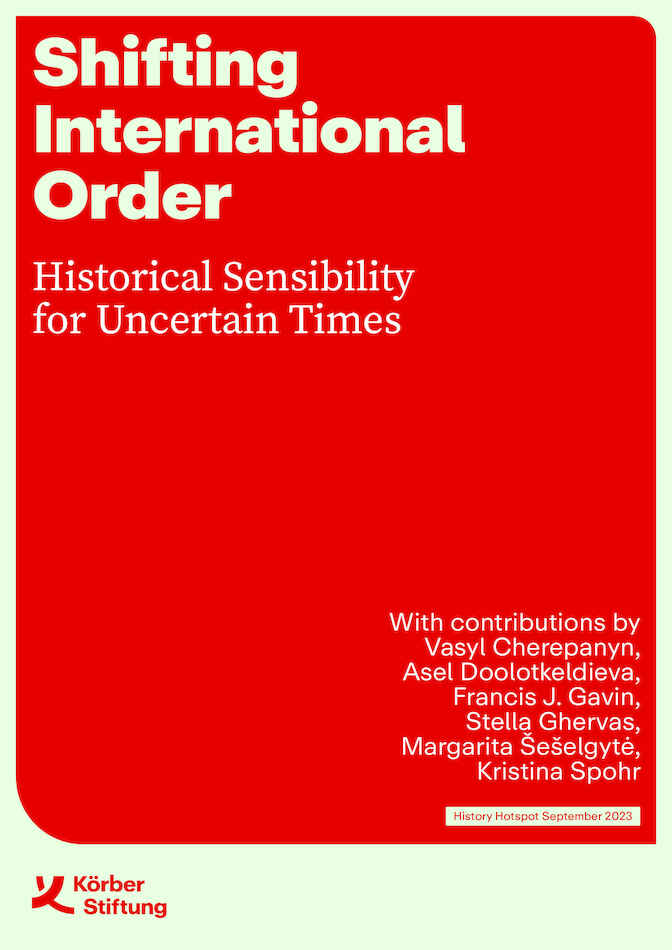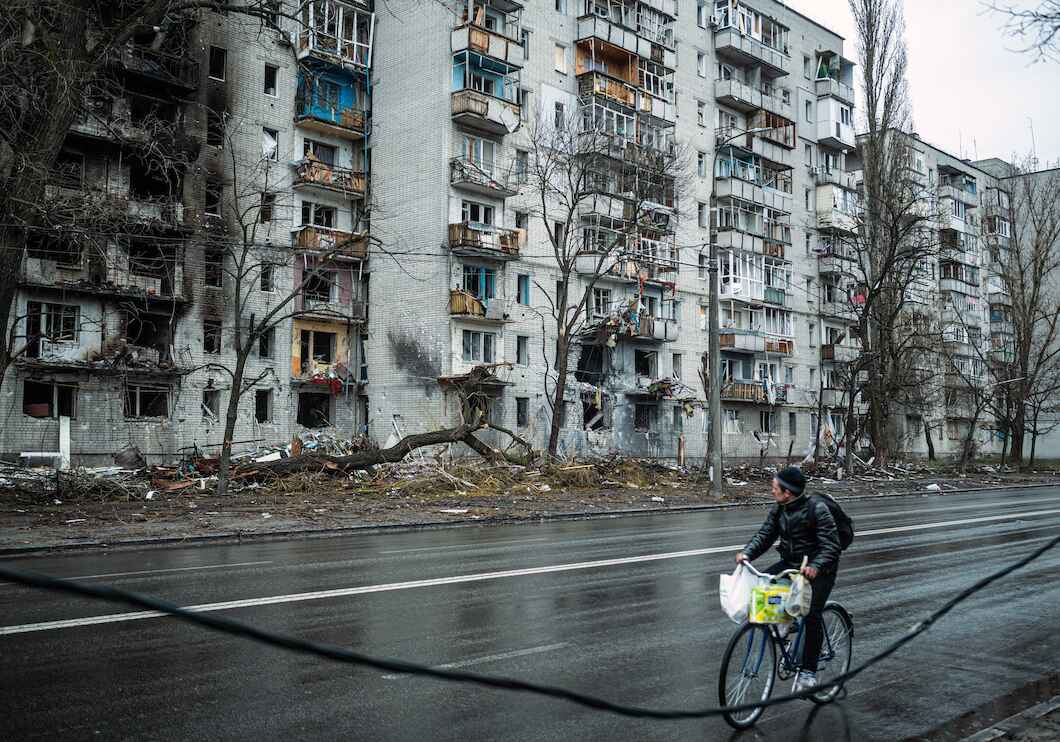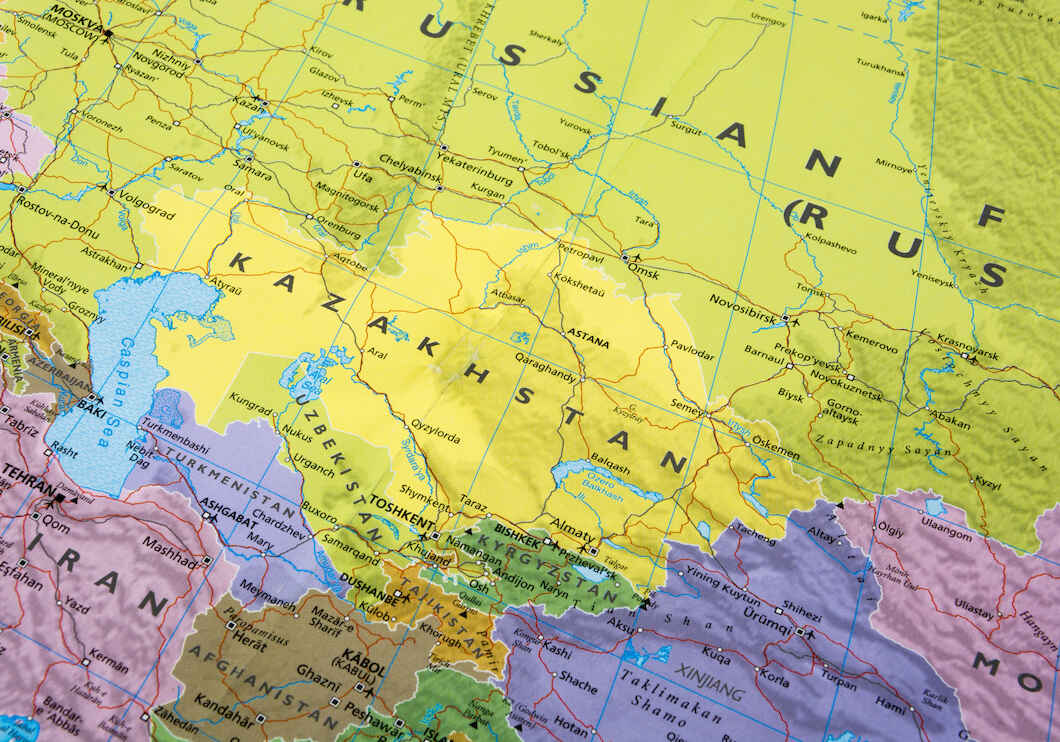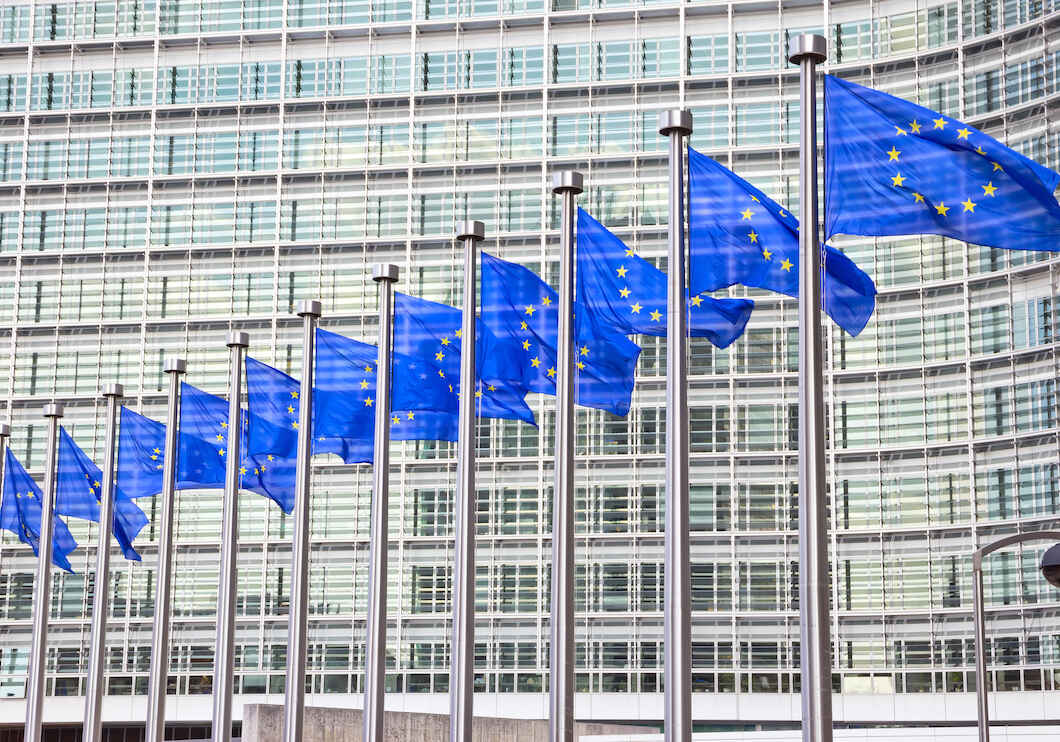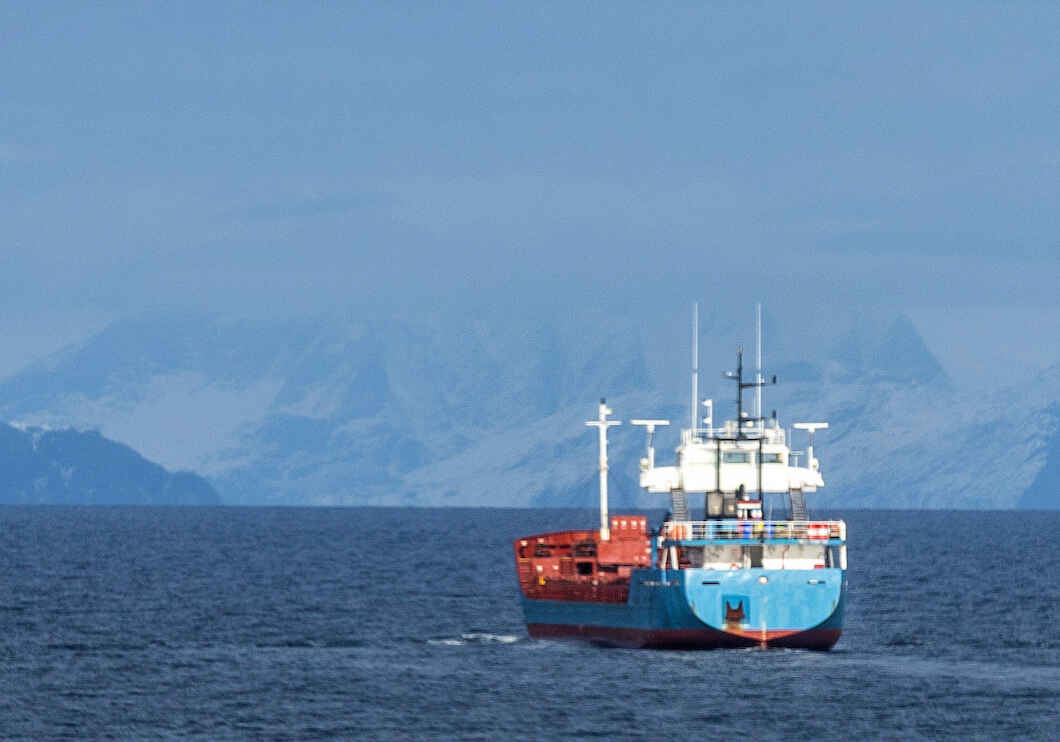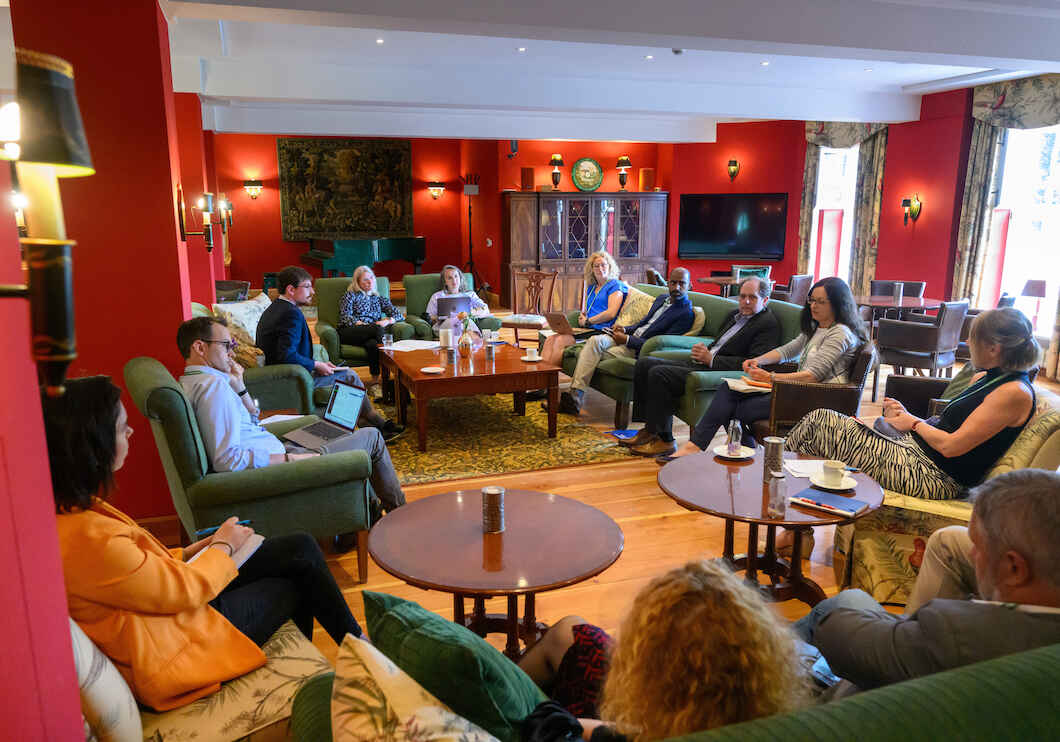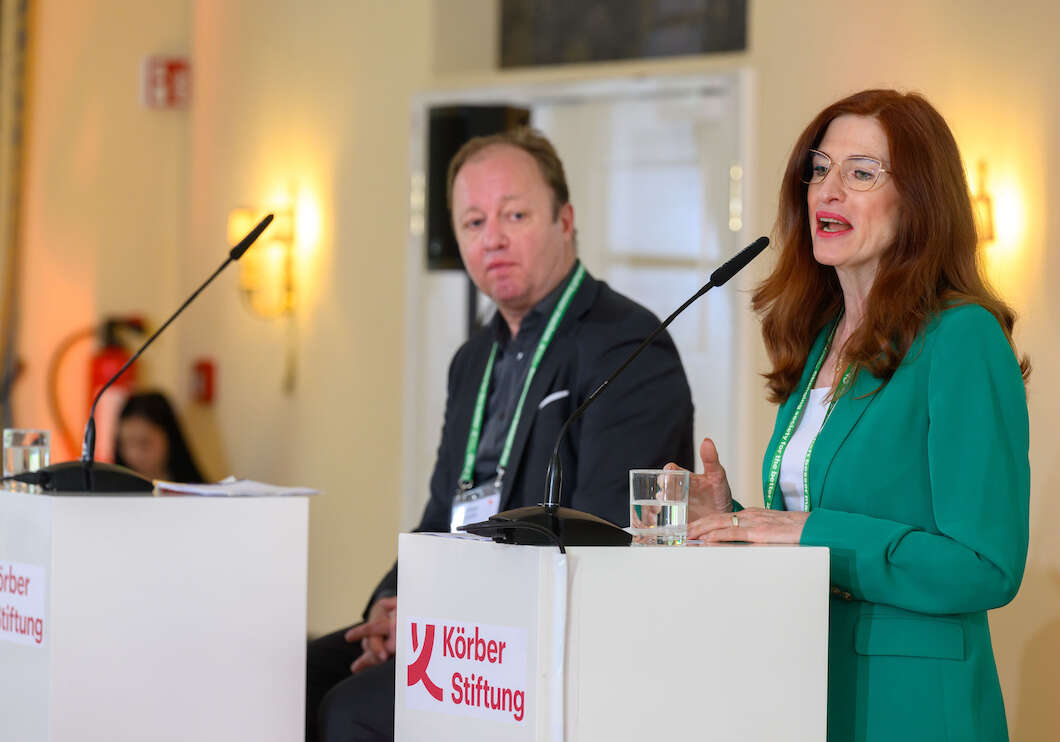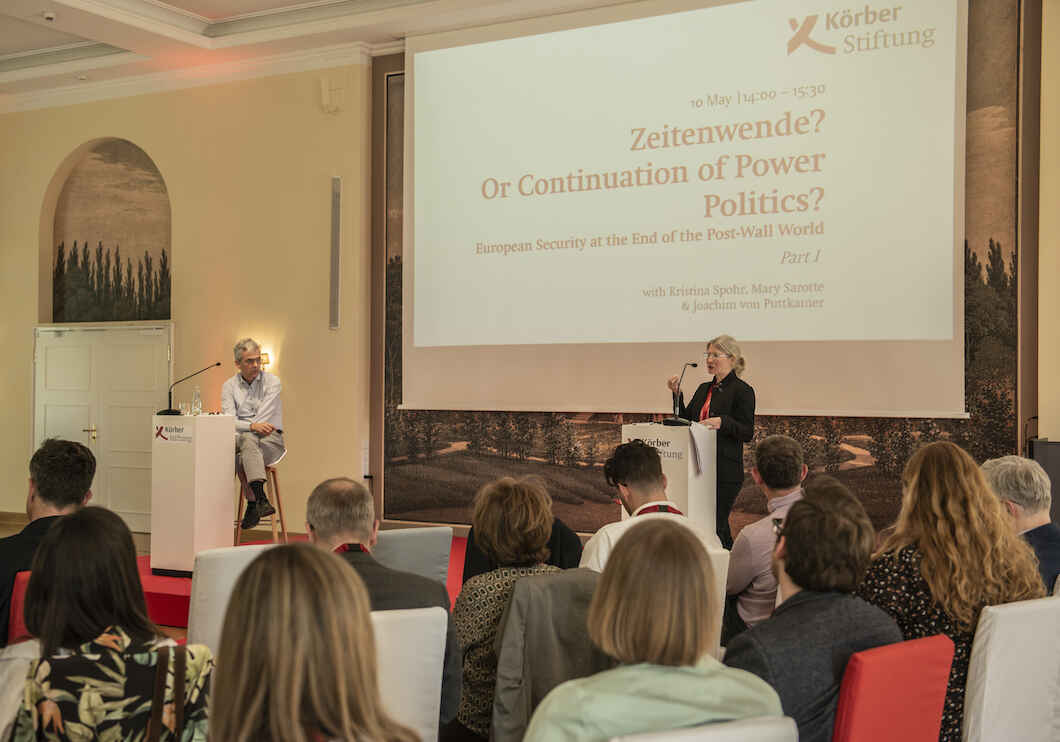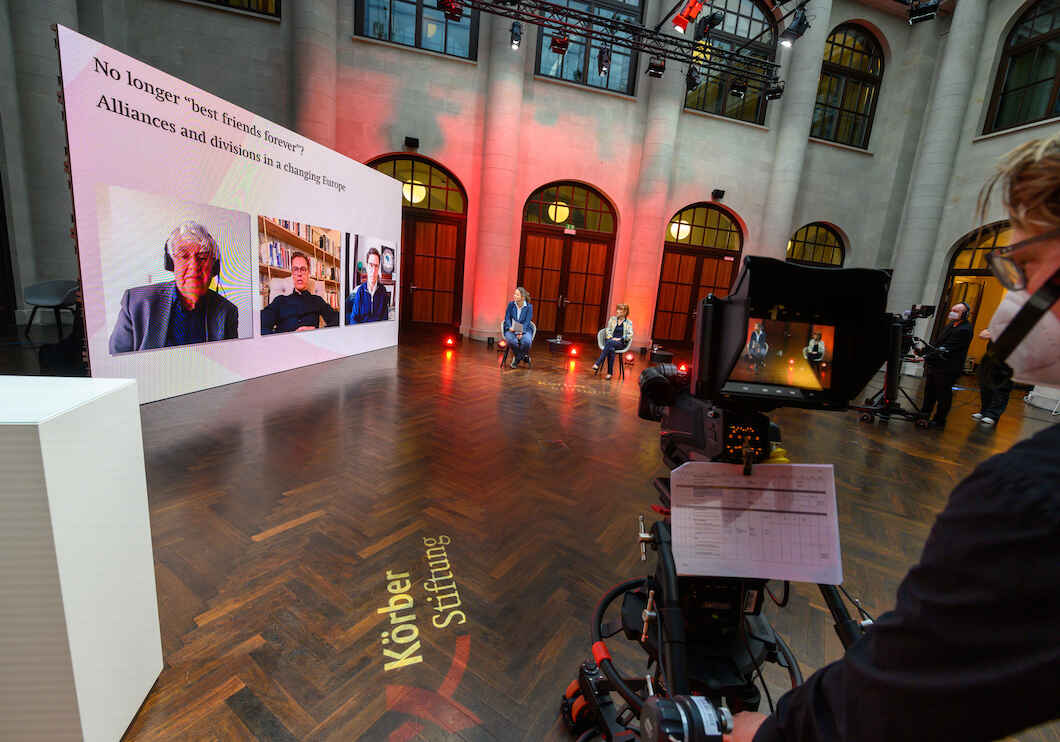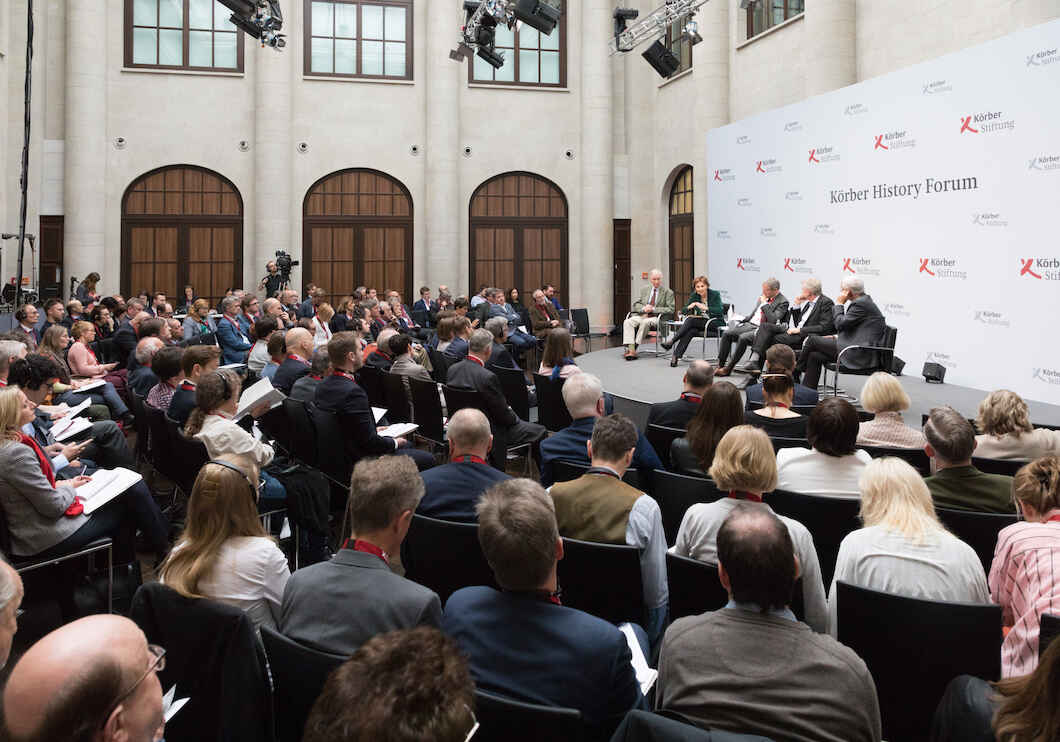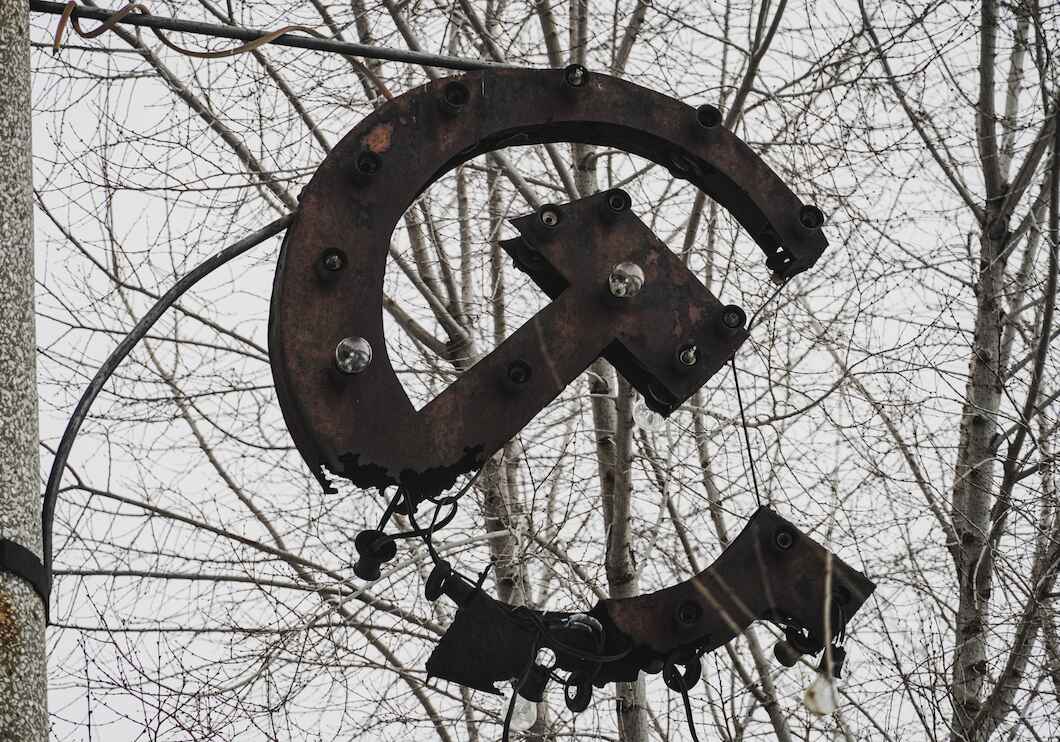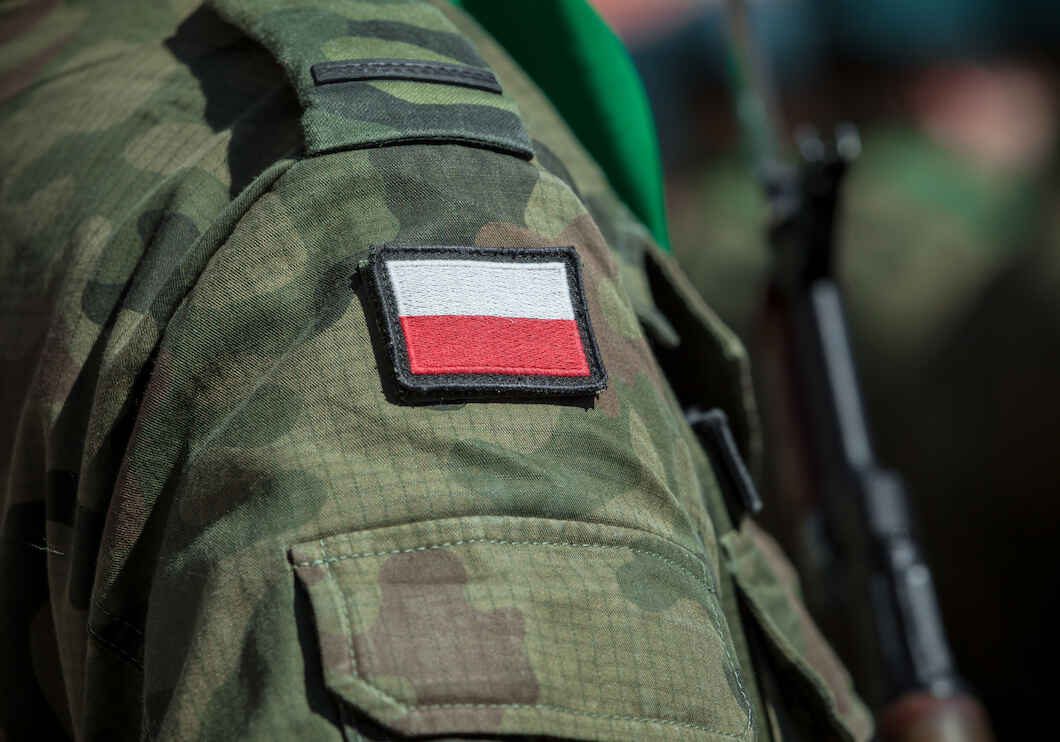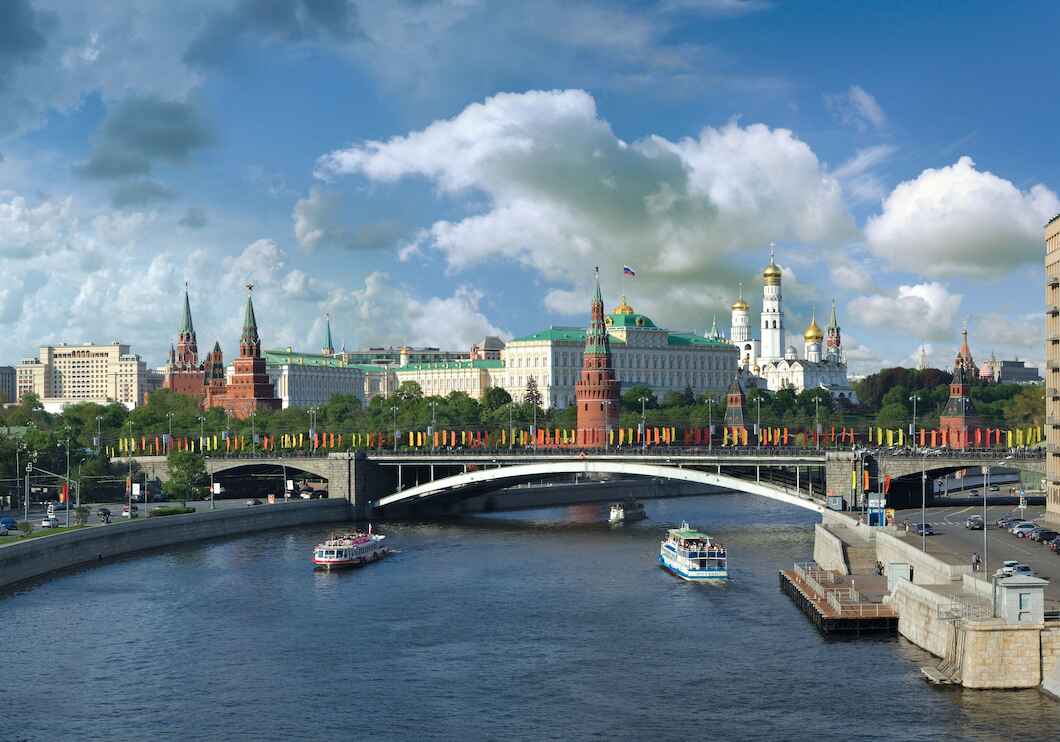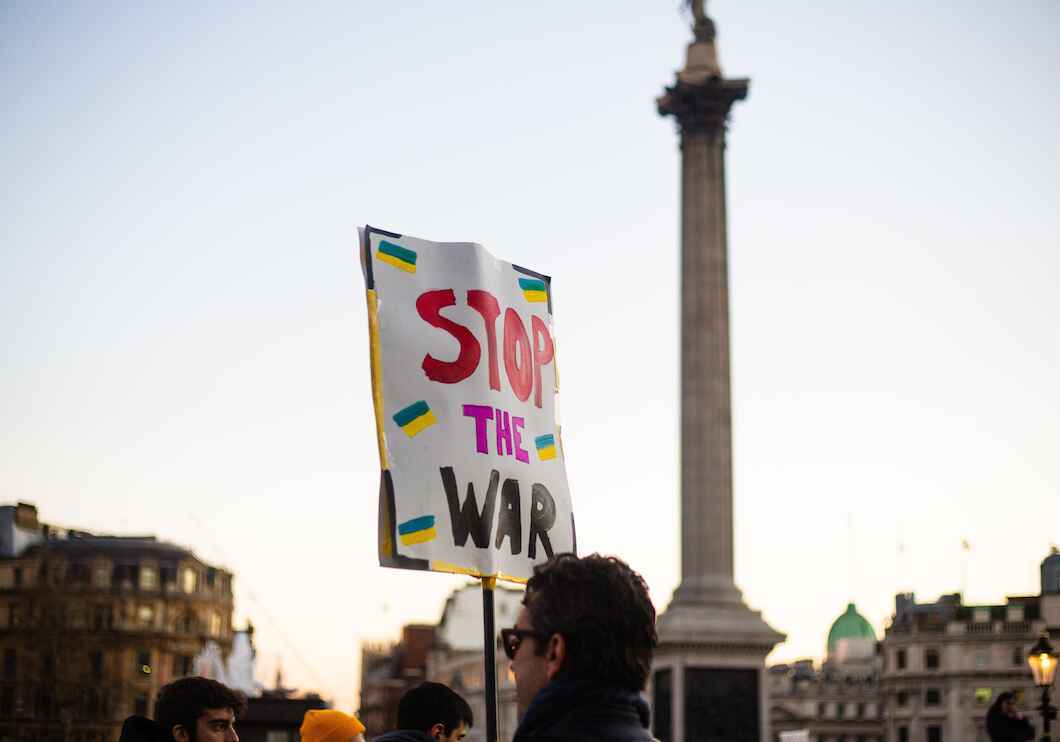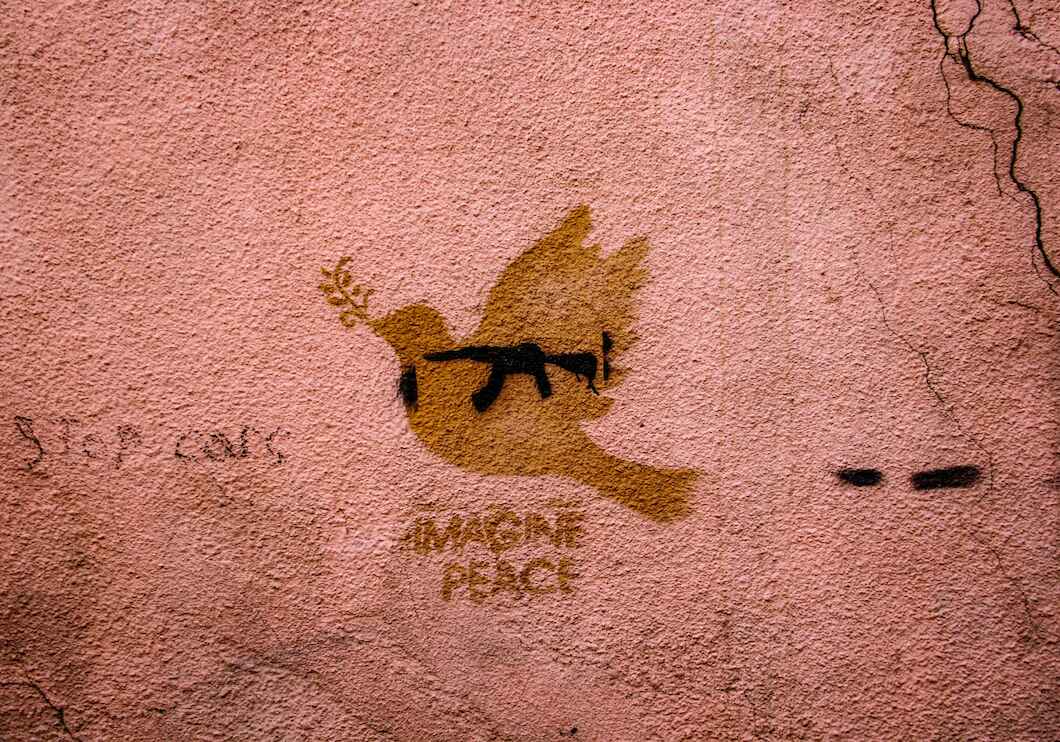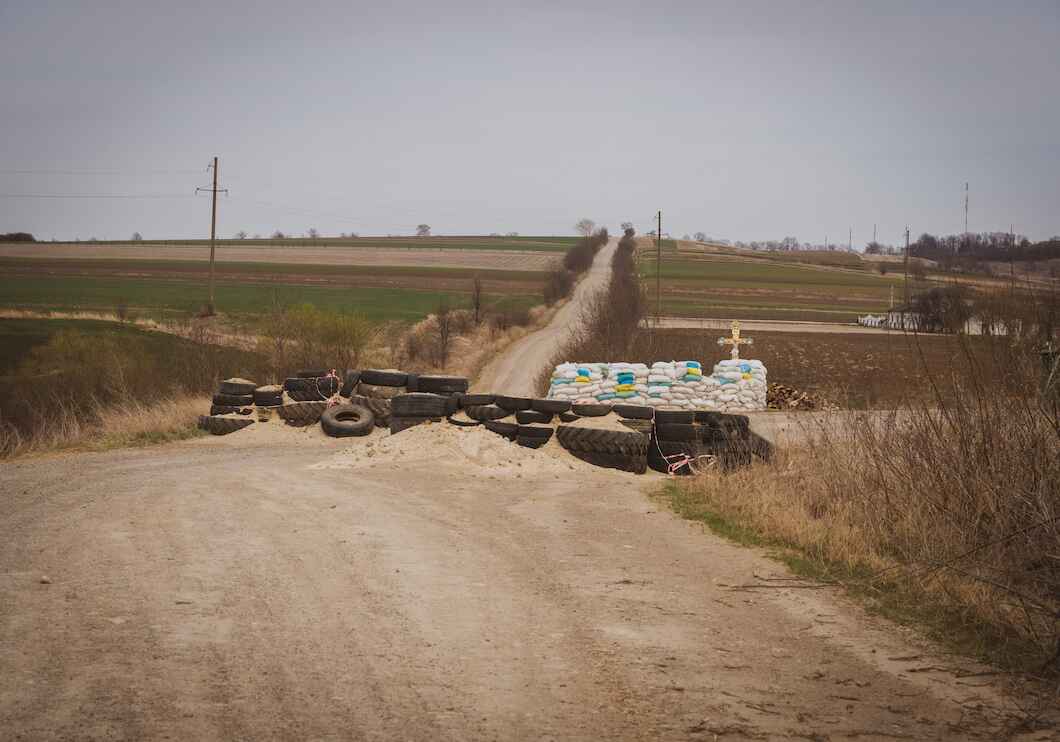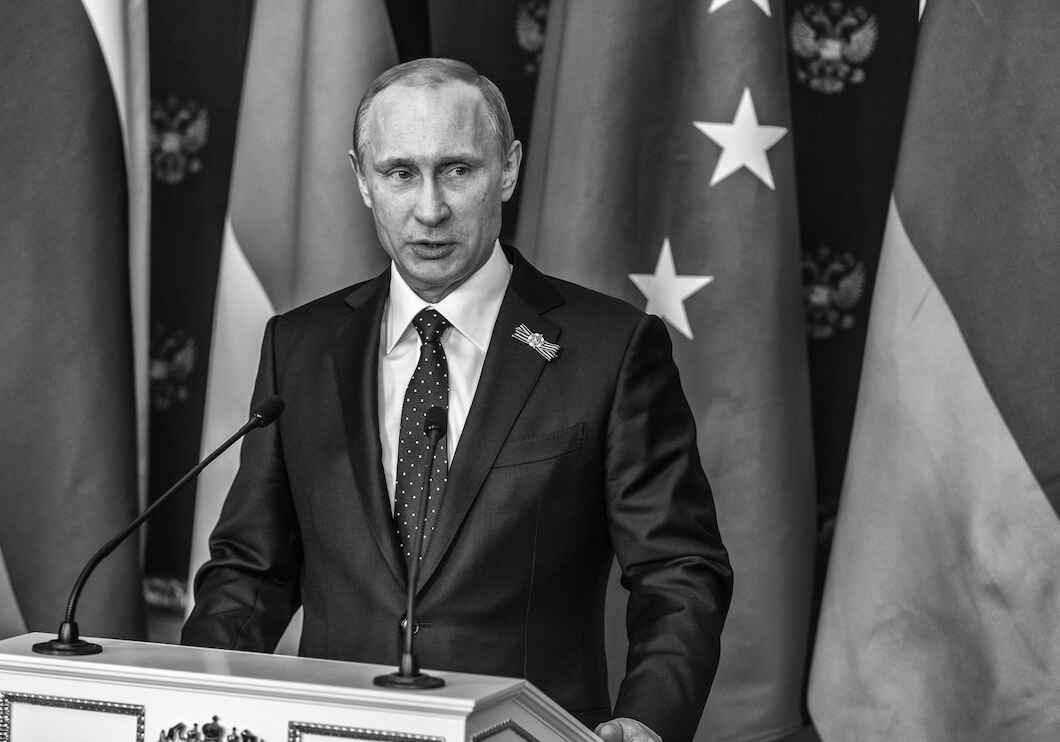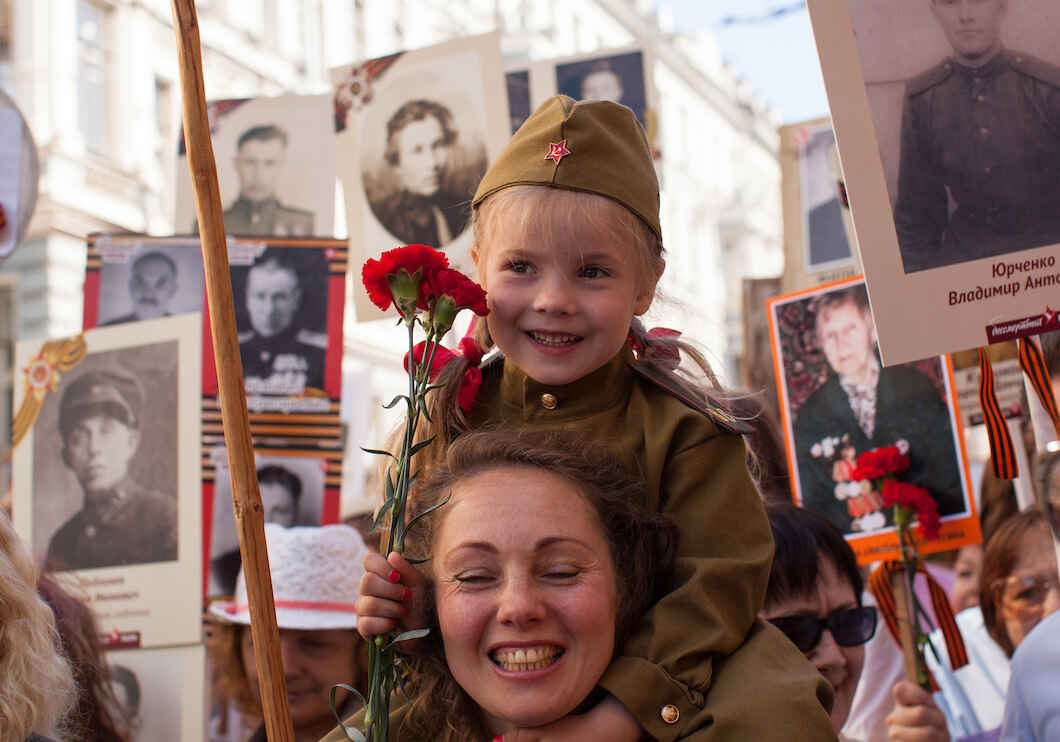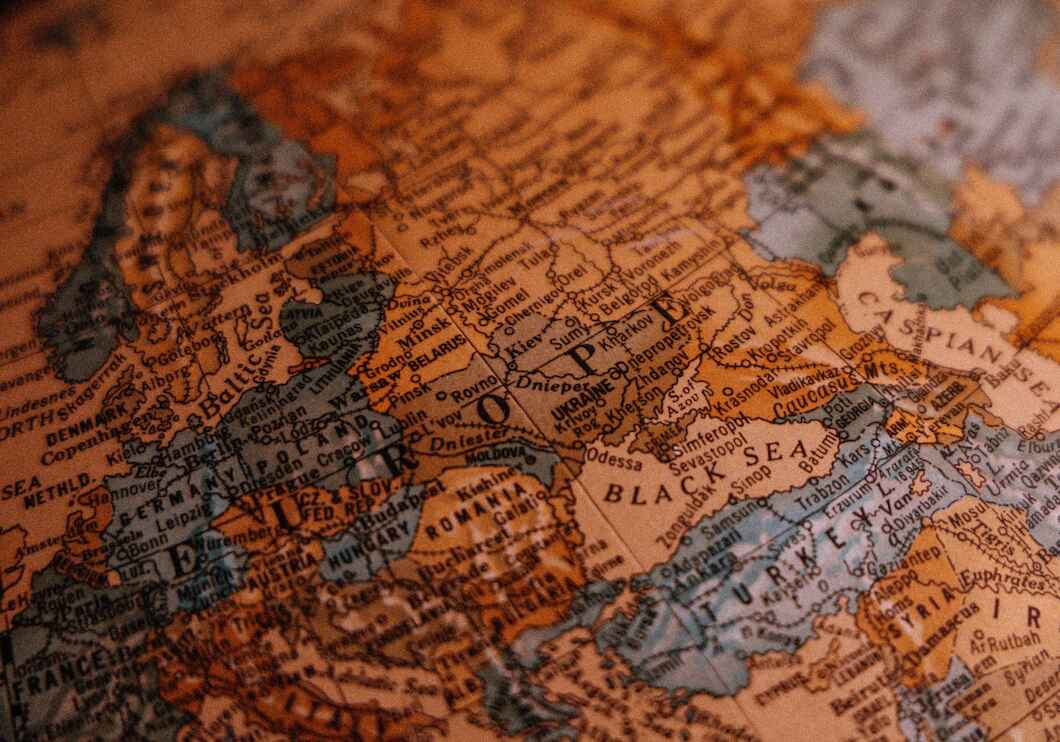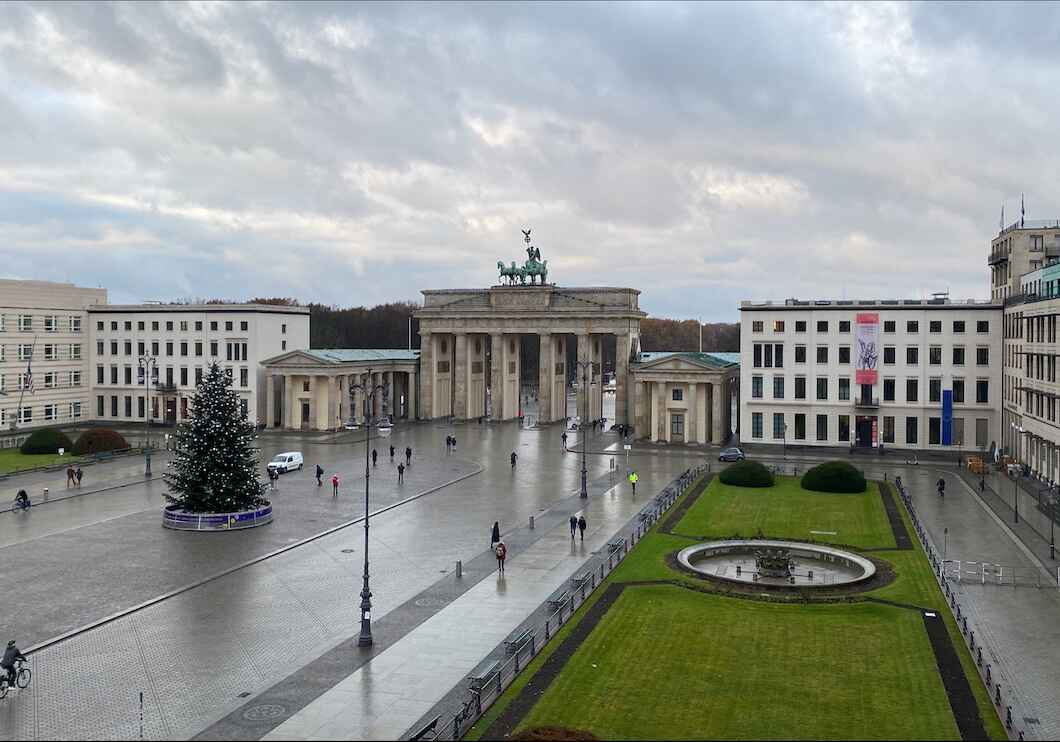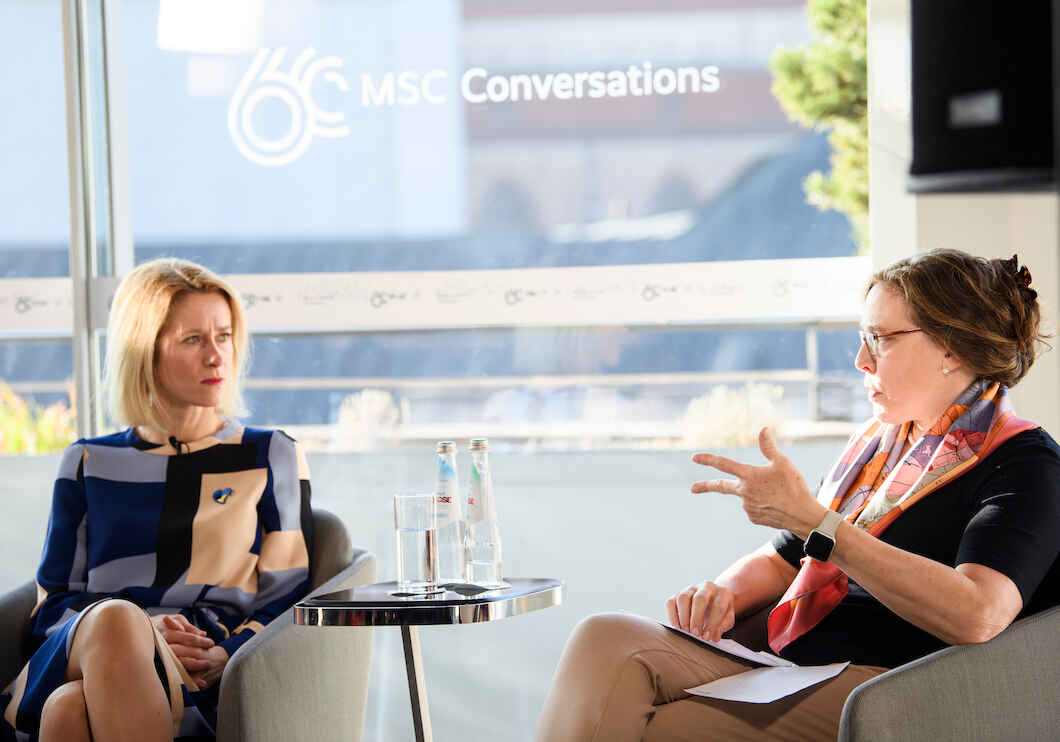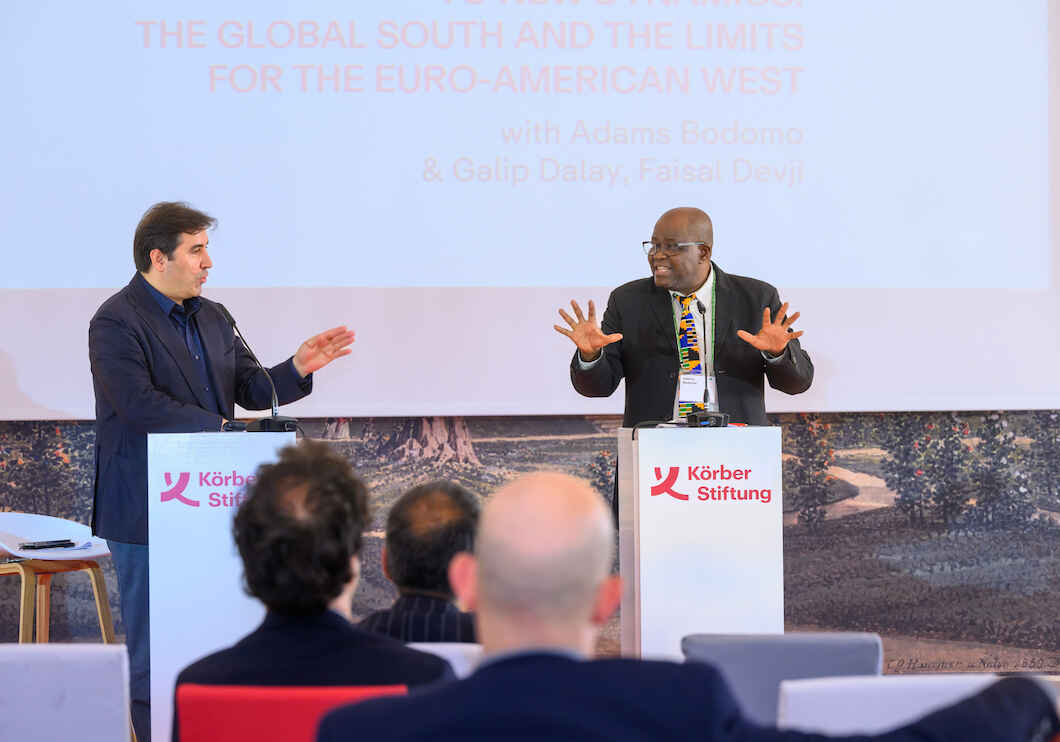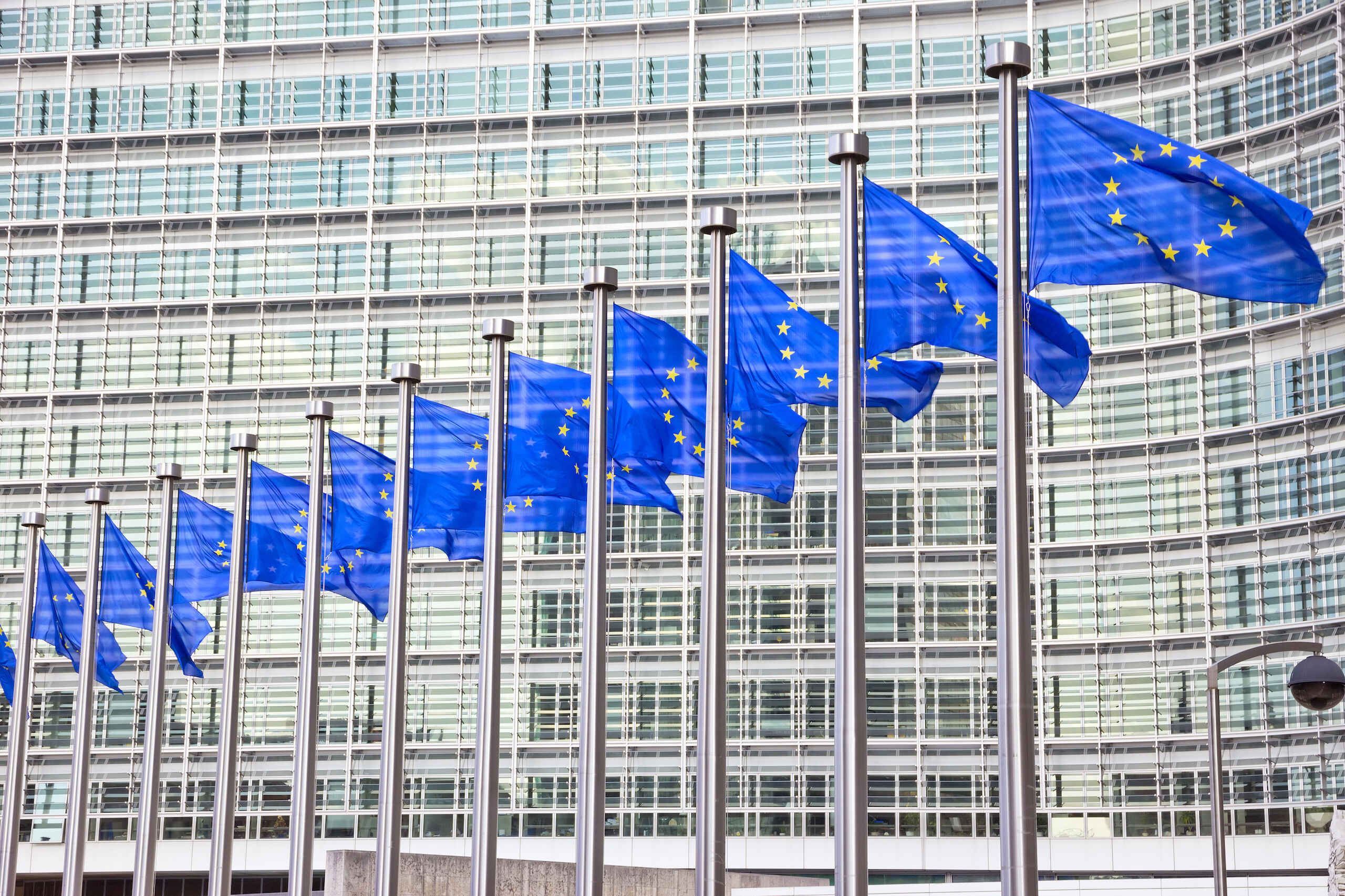
Photo: iStock / VanderWolf-Images
Confronting Russia: Lessons Learned in Dealing with a Complex Adversary
The Baltic States’ relationship with Russia is intricate and holds hard-earned lessons in security, interdependency, and resilience. The following analysis offers a timely look at geopolitics in an era of escalating tensions.
By Margarita Šešelgytė, Professor and Head of the Institute of International Relations
and Political Science, Vilnius University
As geopolitical tensions escalated and Russia invaded Ukraine, the Baltic States found themselves at the forefront of the storm. Ever since regaining their independence, particularly after Russian attacks on Georgia 2008 and Ukraine in 2014, these nations had been alerting their Western allies about the increasing Russian assertiveness. Their persistent pleas often fell on deaf ears, with many dismissing their concerns as mere paranoia. However, as events unfolded in Ukraine, the Baltic States could not help but echo a resolute, albeit somber, refrain to their Western partners: “We told you so.” Through years of experience and hard-earned wisdom, the Baltic States have come to recognize the essential terms for fostering a sustainable coexistence with their big, unpredictable and assertive neighbor. First and foremost, “soft” power does not deter Russia. Therefore, from the early days of their independence, all three states aspired to become members of NATO. Despite many fears in the West of provoking Russia and causing instability, Baltic membership in NATO has proved to be an essential precondition for security and peace in the region.
Interdependency risks and Russian interference
The second lesson the Baltic States have learned – any interdependency with Russia is dangerous because one might be subjected to manipulation and weaponization and used to assert Russiaʼs political interests. One of the most illustrative examples of Russian interference in the Baltic States was the case of the impeachment of former Lithuanian president Rolandas Paksas. This political scandal evolved in 2003 on the eve of Lithuanian accession to the EU and NATO. A few months after the president’s inauguration, Lithuanian intelligence services released information on people in the president’s environment they suspected of maintaining links with Russian intelligence. The investigation resulted in a successful impeachment. Another illustration was to be seen in an unprecedented cyber-attack on Estonian state institutions, banks and media outlets in 2007 as a reaction to replacing the Soviet-era war memorial. As an energy island, 100 per cent dependable on Russian energy resources, Lithuania was constantly subjected to energy blackmail and paid the highest price for gas in Europe. The LNG vessel “Independence”, which started operating in 2014, essentially transformed a negative energy balance and limited any opportunities for Russia to interfere. It should be noted that despite the perennial lack of unity within the European Union (EU) on how Russia must be approached, it has been instrumental in helping the Baltic States gradually build resilience against Russian interference. The EU has helped them to keep their commitment to upholding democratic values, the rule of law, and a thriving civil society, which became critical elements of resilience. Also, where the EU stood united, Russia found it most challenging to achieve its goals.
Historical context: Opportunities and Soviet legacy
It must be admitted that the Baltic States were lucky to join both organizations (EU and NATO), as they managed to make use of a relatively narrow window of opportunity, when the United States was at its strongest and Russia was at its weakest. This window of opportunity shut down for the other applicants in 2008 at the Bucharest NATO summit. A famous vision of G. Bush Senior of “a Europe whole and free” came to a halt at the borders of the Baltic states. Arguably, the rest of the Soviet empire has never been fully dismantled. Some of its territories have been lost, but the main idea remained strong. It was further strengthened over the years in the minds of the ruling elite of independent Russia and the minds and hearts of most Russian citizens. A short period of democratization was followed by a significant backslide and the increasing belief that the dissolution of the Soviet Union was a great mistake. Contrary to a common belief in the West, the stronger Russia became economically, the less space remained for democracy and the more aggressive the foreign policy it pursued. A self-perception of Russia in international affairs relied on the opposition derived from the Cold War: us versus the “West” and geopolitical thinking based on the concepts of great power rivalry, zero-sum games and zones of influence.
The new divide: Freedom vs. autocracy
Another form of “Berlin Wall” resurrected along the borders of the EU and NATO. Across this wall, perpetual fights continued to be waged between freedom and slavery, autocracy and democracy. Several wake-up calls of increasing Russian assertiveness (Russian attack on Georgia, war in Ukraine in 2014) did not sober Western powers. They continued to believe that if one does not annoy Russia too much, one gives in to its requests once in a while, one can continue to coexist with it on relatively amicable terms. However, Russia had been preparing for war – it had enfolded the Western countries with a high level of interdependency and hoped that this would help restrain the West upon the invasion of Ukraine.
European lessons and the future of Russia
In this war, the European countries are learning the same lessons as the Baltic States: unity is critical, defense funding should be increased, and interdependencies with Russia must be reduced. Those lessons are also valuable for dealing with other authoritarian powers. However, whether these lessons will result in long-term and irreversible change remains to be seen. It is still essential to be open to political advice from the Baltic States, Poland, and Ukraine about the future of Russia. Transformation in Russia is improbable in the foreseeable future. The change within the regime is possible if Putin loses the war, but not the change of the regime itself. The regime transformation can only take place if there is a mental change in the minds of most Russian citizens – the realization that the Soviet empire has finally been defeated, dissolved and cannot be restored, and the understanding of the evils that it has produced. Furthermore, for this to happen, the Ukrainian victory on the battlefield is vital as well as a political victory. Now history presents Europe with another window of opportunity to finally dissolve the Soviet Union by integrating the aspiring countries into the Euro-Atlantic institutions when Russia is still weak and the unity and resolve in the West are at their highest.

About Margarita Šešelgytė
Margarita Šešelgytė is the Director of the Institute of International Relations and Political Science (IRPS) at Vilnius University (VU). She has also worked at the Baltic Defence College (Tartu, Estonia), Jonas Žemaitis Military Academy of Lithuania and the European Committee under the Government of the Republic of Lithuania. In 2007 Margarita Šešelgytė defended her dissertation on the common EU defence identity at the IIRPS (VU). Šešelgytė is an Honorary Fellow at Baltic Defence College, a member at Ares Group scientific advisory board and a member of Editorial Board of the Journal on Baltic Security.
